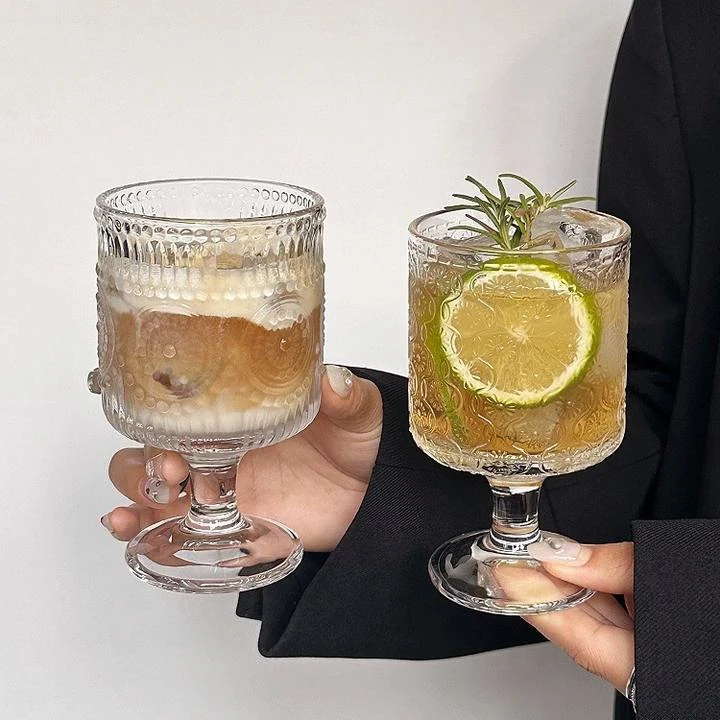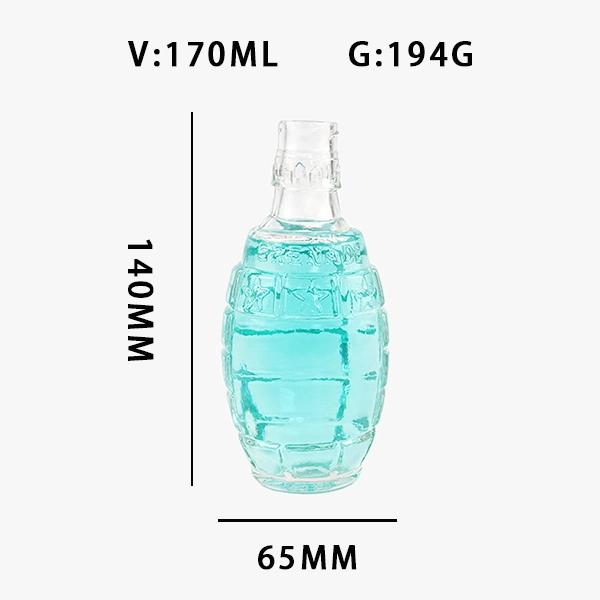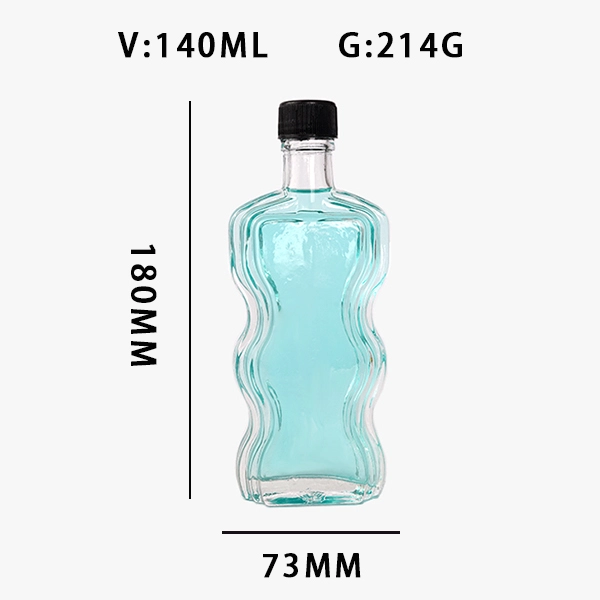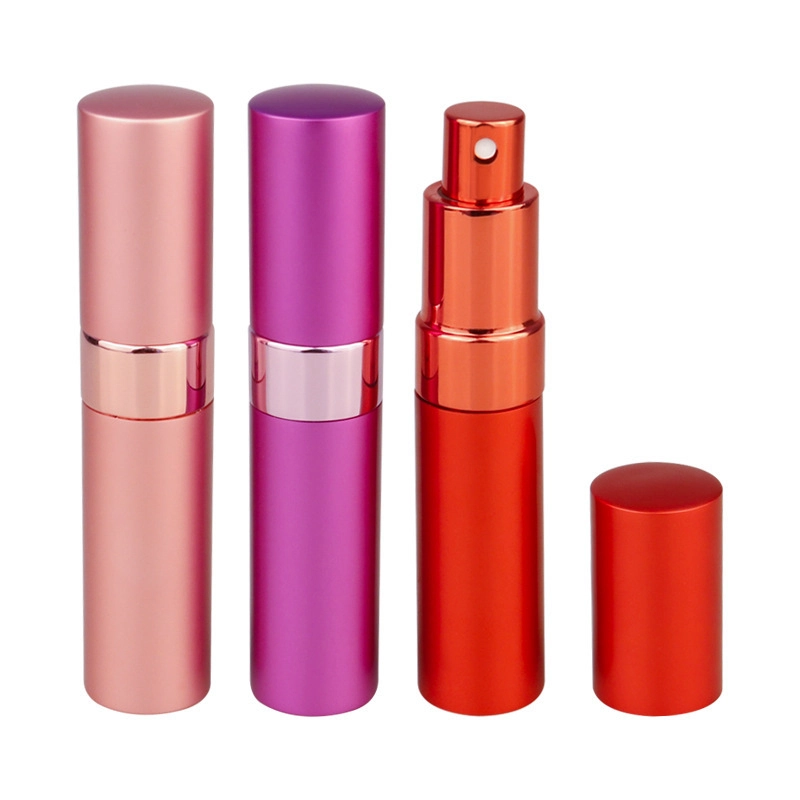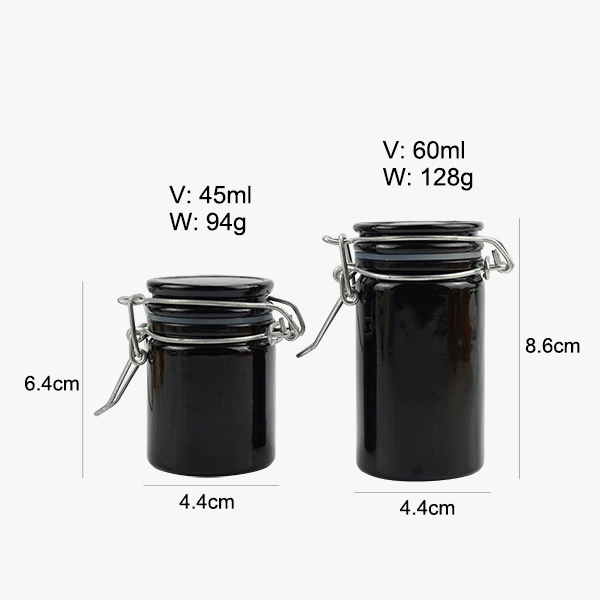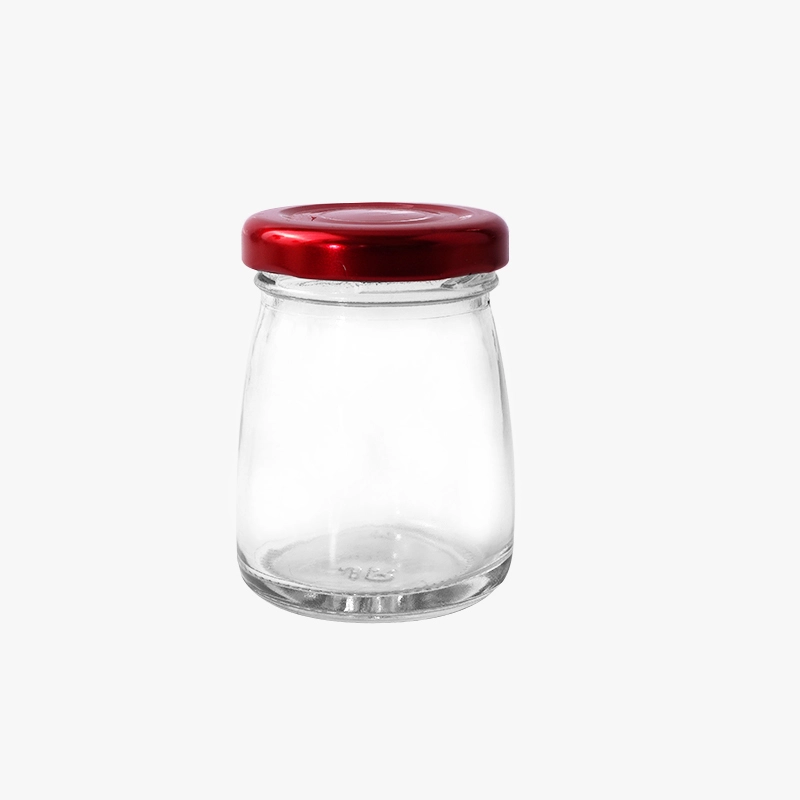
Part 1: Market Size and Growth
Eswatini’s glass bottle industry is closely tied to its beverage sector, which includes beer, soft drinks, and spirits. The hospitality and tourism industries also contribute to demand for premium packaging. Urbanization and a strong cultural preference for bottled beverages help sustain this market.
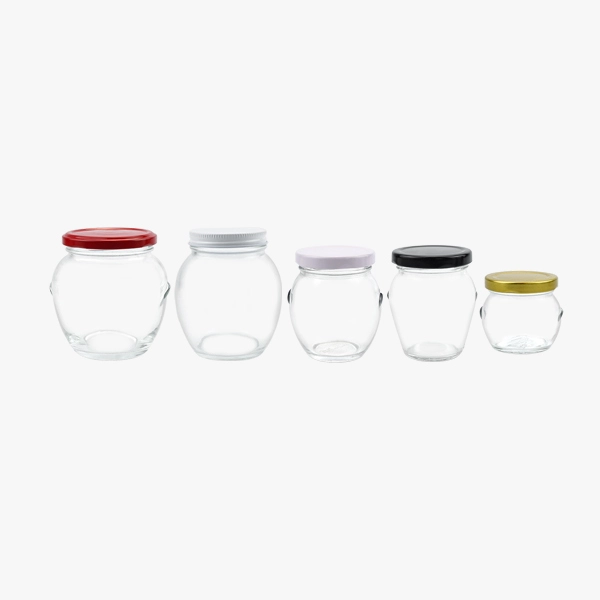
Most glass bottles are imported from South Africa and other regional suppliers. Local companies focus on bottling and branding rather than manufacturing. This dependence on imports makes regional trade and logistics essential.
Government sustainability policies encourage businesses to adopt eco-friendly practices. Glass packaging is gaining momentum as an environmentally responsible alternative to plastics.
Part 2: Leading Companies
Eswatini Beverages (Anheuser-Busch InBev)
Eswatini Beverages, a subsidiary of AB InBev, is the largest brewery in the country. Founded in the 1960s, it produces beer and soft drinks, packaged mainly in glass bottles.
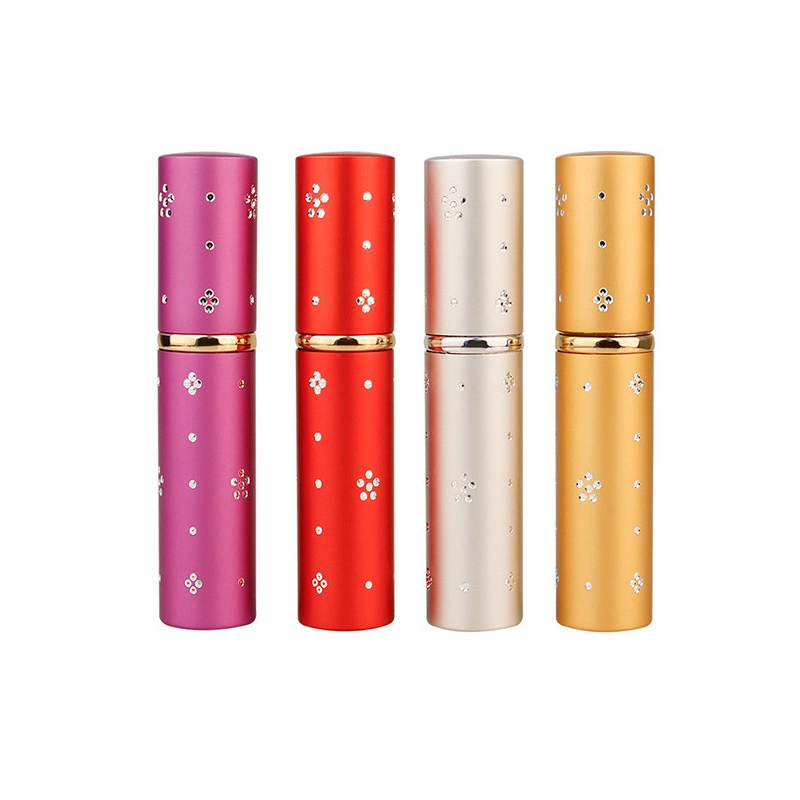
Its portfolio includes beer bottles, malt beverage bottles, and soda bottles. Glass bottles remain essential for its flagship brands like Sibebe Lager.
The company also runs bottle collection and recycling programs. It holds international certifications for quality and environmental management.
Coca-Cola Beverages Eswatini
Coca-Cola Beverages Eswatini produces and distributes soft drinks for the local market. While PET packaging is widely used, premium products and returnable containers are packaged in glass bottles.
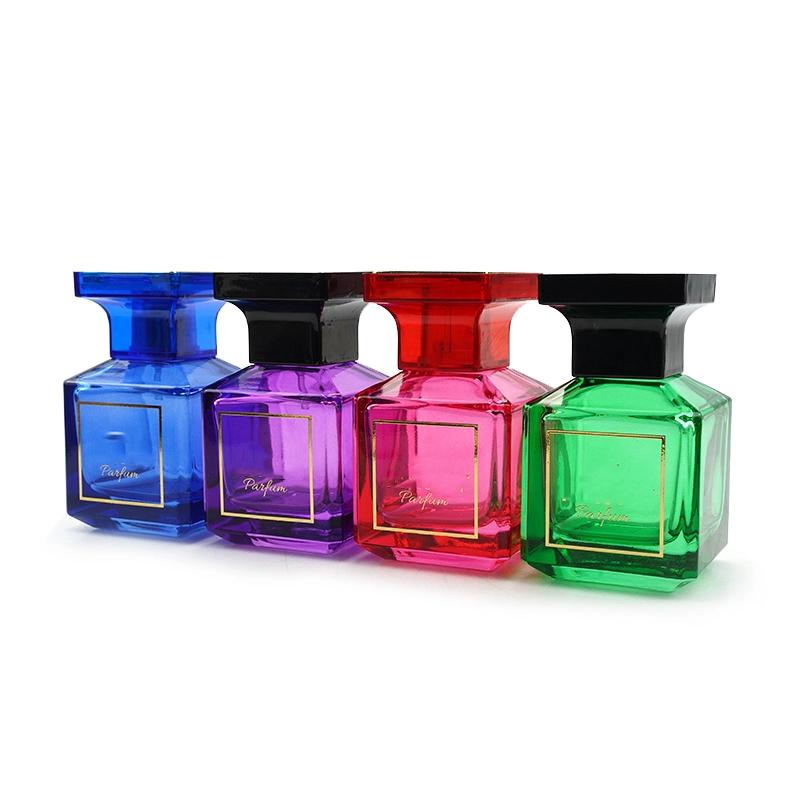
Its products include Coca-Cola, Fanta, and Sprite in glass bottles. Glass packaging is critical for hospitality and export markets.
The company emphasizes sustainability through bottle reuse initiatives. It is certified under Coca-Cola’s global quality and safety standards.
Local Distilleries and Agro Producers
Eswatini also has small-scale distilleries and agro-food companies that package spirits, sauces, and honey in glass bottles. These producers target both domestic consumers and regional export markets.
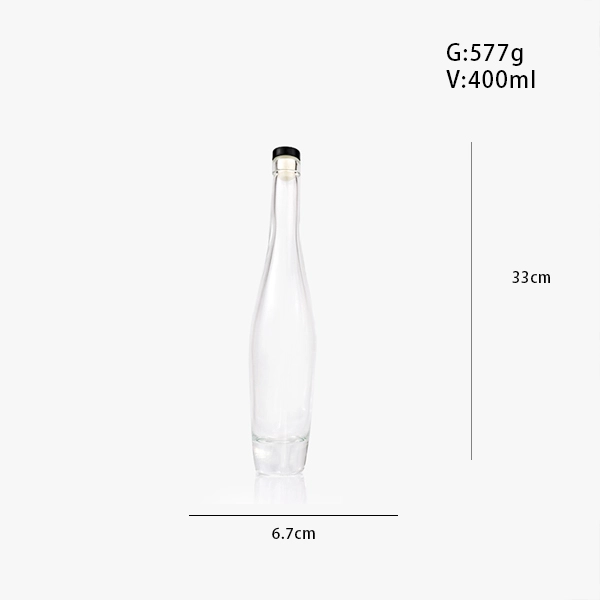
Their products include rum bottles, hot sauce jars, and honey containers. Glass enhances authenticity and consumer trust.
These businesses rely on imported bottles but often customize packaging with local branding.
| Company | Founded | Core Products | Industries | Certifications |
|---|---|---|---|---|
| Eswatini Beverages (AB InBev) | 1960s | Beer & soda bottles | Breweries, beverages | ISO, Sustainability Standards |
| Coca-Cola Beverages Eswatini | 20th century | Soft drink glass bottles | Beverages, hospitality | Global Quality Certifications |
| Local Distilleries & Agro Producers | Various | Spirits bottles, sauces, honey jars | Agro-food, spirits | Local Food Safety Standards |
Part 3: Trade Shows and Industry Events
Eswatini International Trade Fair
The Eswatini International Trade Fair is the country’s biggest commercial exhibition. Beverage companies and agro producers showcase glass-bottled products, gaining exposure to local and regional markets. It is a key platform for business networking.
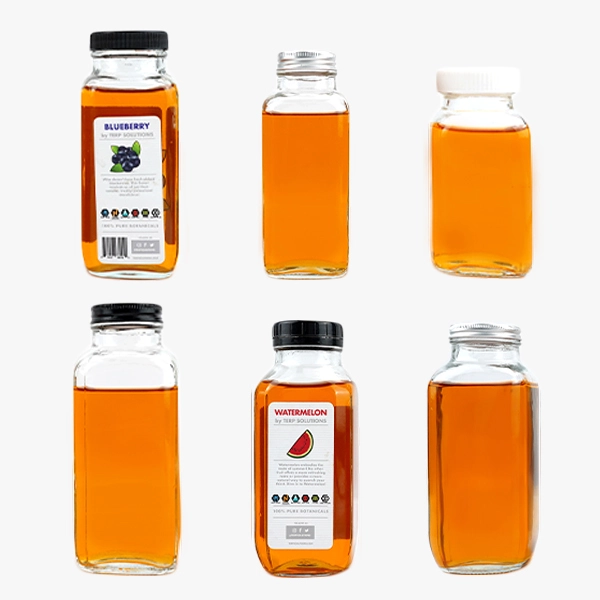
The fair takes place annually in Manzini. Highlights include product launches, packaging displays, and sustainability forums.
Southern Africa Food & Beverage Expo
Eswatini producers also participate in the Southern Africa Food & Beverage Expo, a regional event showcasing packaging innovations and beverage industries. Glass packaging is a major focus for premium markets.
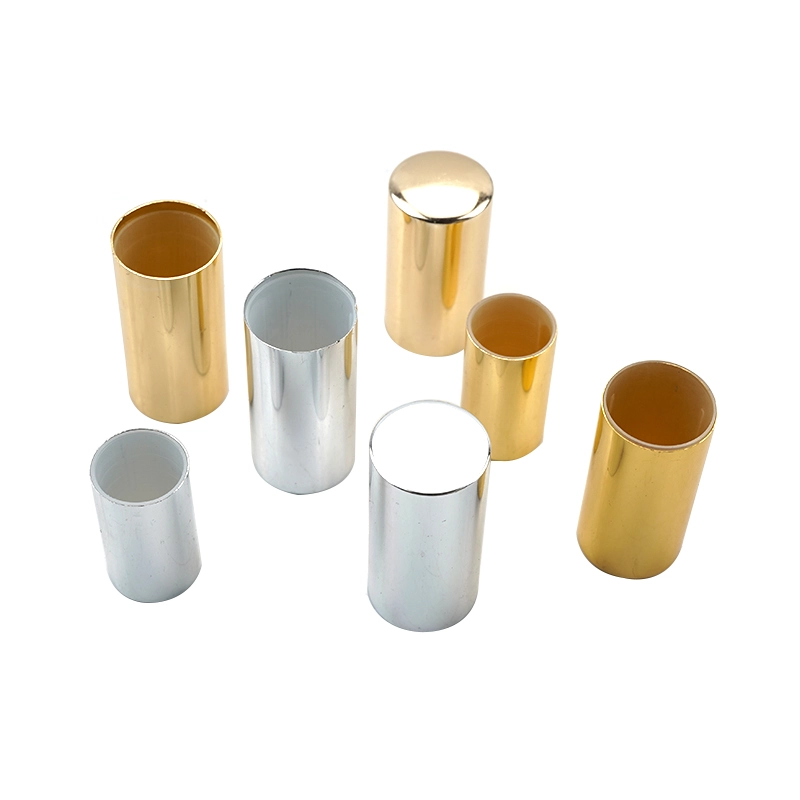
The expo rotates across Southern African countries and features eco-friendly packaging, recycling, and new branding technologies.
| Event | Date | Location | Highlights |
|---|---|---|---|
| Eswatini International Trade Fair | Annual | Manzini, Eswatini | Beverage packaging, sustainability programs |
| Southern Africa Food & Beverage Expo | Annual | Southern Africa (rotating) | Glass packaging, recycling, branding innovation |
Part 4: Impact of Global Trade Policies
Eswatini imports most of its glass bottles, making trade policies with South Africa and global suppliers vital. Shipping costs and regional tariffs directly impact supply and pricing. This reliance on imports creates industry vulnerabilities.
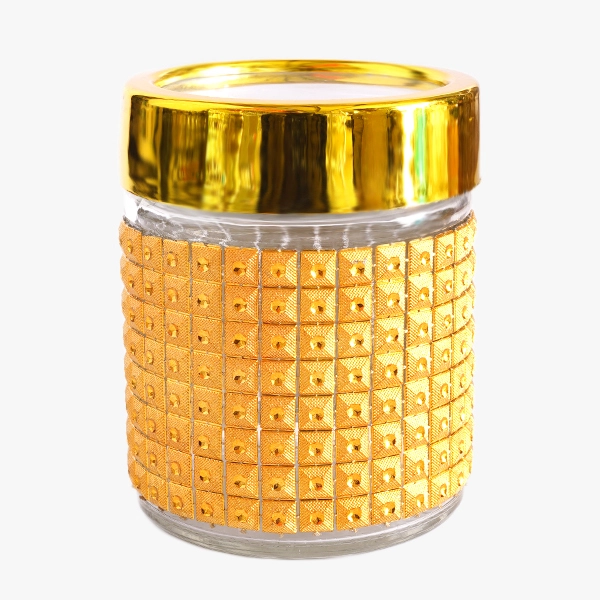
As a member of SACU (Southern African Customs Union), Eswatini benefits from tariff-free trade with South Africa. This integration helps secure a reliable supply of bottles.
Global sustainability standards encourage refillable and recyclable bottles. By aligning with these policies, Eswatini producers can strengthen competitiveness in both domestic and regional markets.
Part 5: Conclusion
Eswatini’s glass bottle industry is led by breweries and beverage companies, supported by small-scale agro producers. Tourism, exports, and sustainability policies ensure strong demand for glass packaging.
Challenges include reliance on imports, high logistics costs, and limited local production. The future will depend on eco-friendly innovation, regional partnerships, and expanded recycling systems.
Recommended Reading:
- Glass Bottle Manufacturers in Eritrea
- Glass Bottle Manufacturers in Equatorial Guinea
- Glass Bottle Manufacturers in El Salvador
- Glass Bottle Manufacturers in Dominican Republic
- Glass Bottle Manufacturers in Romania
- Glass Bottle Manufacturers in Dominica
- Glass Bottle Manufacturers in Djibouti
- Glass Bottle Manufacturers in Cyprus
Frosted 16Oz Glass Juice Cup With Bamboo Lid & Straw – Wholesale Coffee Mug
Glass Bottle Manufacturers in Spain
Glass Bottle Manufacturers in Colombia
20Oz Heat Resistant Glass Cup With Lid And Straw – Cold & Hot Drinkware

